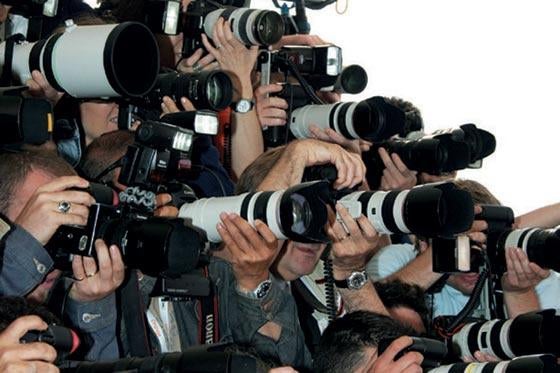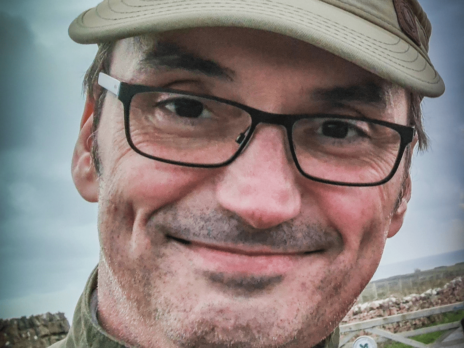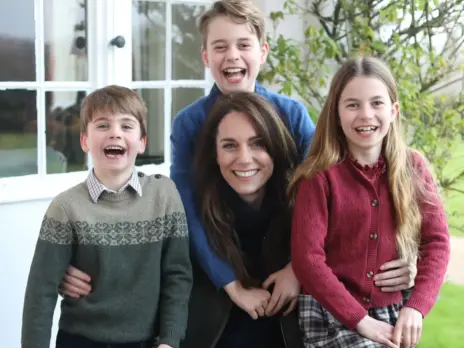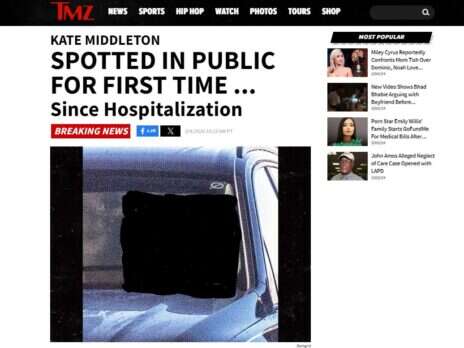
A photographer has received damages and an apology from Wiltshire Police after he was manhandled by an officer while trying to take pictures at the scene of a boat fire in which a man died.
Bob Naylor – who writes about the the Kennet and Avon canal at kacanaltimes.co.uk – attempted to take photos of the scene near Pewsey in Wiltshire in May 2009. He had shown his press card and introduced himself but a police sergeant told him not to proceed “out of common decency and respect for deceased”.
Naylor asked to speak to a senior officer, but after some time decided to return without any pictures. On his way back to his car, he was seized from behind, forced to the ground and arrested for “breach of the peace”.
National Union of Journalists legal officer Roy Mincoff said: “This disgraceful case shows how all journalists doing their job can be vulnerable to attack, not just those covering major protests.
“The union is here to support them, and we are pleased that Bob Naylor has secured an acknowledgement from Wiltshire police that what was done to him was wrong and unacceptable.”
The Wiltshire Police apology reads: “On 22 May 2009 well-respected photojournalist Bob Naylor was reporting at a crime scene of a fire on a canal boat.
“Wiltshire Police has accepted Mr Naylor was prevented from taking photographs and unlawfully detained and that his Article 10 rights under the European Convention on Human Rights were breached.
“Wiltshire Police apologise for this and have paid compensation and given this apology. Wiltshire Police confirm its recognition that freedom of the press is a cornerstone of democracy and that journalists have a right to report freely.
“Wiltshire Police recognise that on 22 May 2009 they failed to respect press freedom in respect of Mr Naylor contrary to Wiltshire Police’s own guidelines for working with members of the press.”
Naylor said he had worked with Wiltshire Police for decades and this was the first time he had taken issue with how he had been treated.
“It was clear that neither the sergeant nor the inspector at the scene were aware of the Chief Constable’s guidelines for working with the press,” he said.
“I understand that the necessary training has now been given to all members of Wiltshire Police and cannot imagine that an incident like this would happen in the future.”
The Association of Chief Police Officers adopted nationwide guidelines on dealing with the press in 2007 which state: “Members of the media have a duty to report from the scene of many of the incidents we have to deal with.
“We should actively help them carry out their responsibilities provided they do not interfere with ours.
“Members of the media have a duty to take photographs and film incidents and we have no legal power or moral responsibility to prevent or restrict what they record. It is a matter for their editors to control what is published or broadcast, not the police.
“Once images are recorded, we have no power to delete or confiscate them without a court order, even if we think they contain damaging or useful evidence.
“If someone who is distressed or bereaved asks for police to intervene to prevent members of the media filming or photographing them, we may pass on their request but we have no power to prevent or restrict media activity.
“If they are trespassing on private property, the person who owns or controls the premises may eject them and may ask for your help in preventing a breach of the peace while they do so. The media have their own rules of conduct and complaints procedures if members of the public object.
“To help you identify genuine members of the media, they carry identification, which they will produce to you on request. Members of the media do not need a permit to photograph or film in public places.”
Email pged@pressgazette.co.uk to point out mistakes, provide story tips or send in a letter for publication on our "Letters Page" blog






